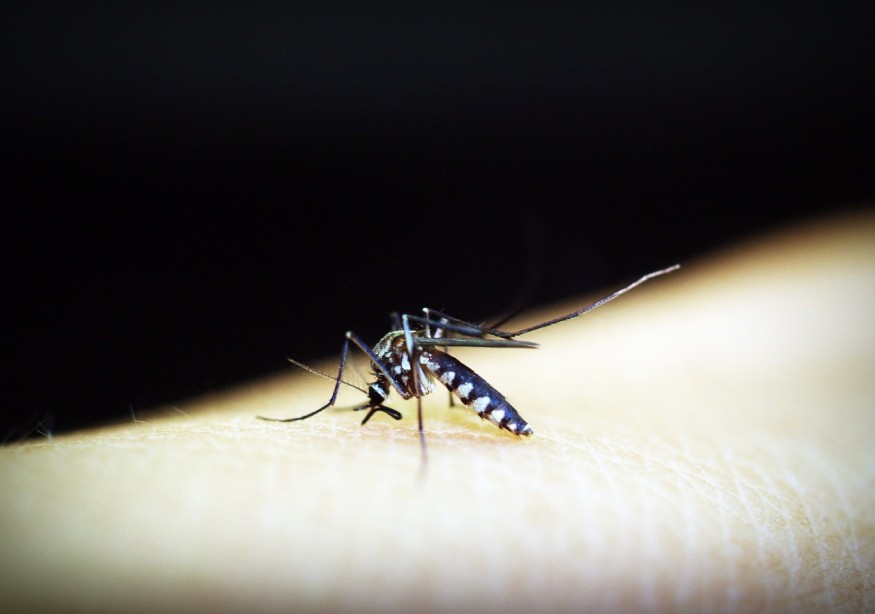The dengue outbreak has killed hundreds of people and infected thousands of others in Bangladesh this year. Emerging reports indicate that local hospitals are struggling to deal with the rising dengue cases in the South Asian country with a population of around 169 million people. This comes as the nation is currently in its rainy season, which is set to last until September.
Bangladesh Dengue Outbreak

Bangladesh has recorded the deaths of more than 300 people and infection of almost 67,700 others as of Monday, August 7, according to The Week media outlet. The current Bangladesh dengue outbreak has been considered as the "deadliest" compared to previous dengue fever infections tracked by the government starting in 2000.
Current measures imposed by local authorities include urging people to use mosquito nets and destroy any mosquito larvae that they find.
Hospitals are finding enough space for dengue patients, especially in the capital city of Dhaka, where there is a large number of patients experiencing high fever, vomiting, and join pain, according to health officials, as cited by Reuters.
What is Dengue?
Dengue, also called break-bone fever or dengue fever, is a viral infection caused by the pathogenic virus "DENV." It is transmitted to humans through infected mosquito bites, especially in places with tropical and subtropical climates across the globe, according to the World Health Organization (WHO). In terms of dengue treatment, there has been no official cure or vaccine against the infection.
In March 2023, the WHO states that almost 50% of the world's population is now threatened by potential dengue infections, with an estimated 100 to 400 million related cases reported each year in multiple countries. The international health body adds that early detection and medical care are the recommended health protocols to deal with dengue infections.
Dengue Symptoms
As mentioned earlier, the dengue virus can be transmitted from the bites of infected mosquitoes. The dengue-borne insect bites can occur at any hour of the day and any season of the year. However, previous cases have shown they are prevalent during the rainy season.
The mosquito species carrying the virus are from the infected Aedes aegypti or Aedes albopictus According to the Centers for Disease Control and Prevention (CDC), almost 50% of the world's population or equivalent to about 4 billion people live in dengue-risk areas. In the past, health authorities have warned the both outdoor and indoor water can be a breeding site for these insects.
Global Dengue Cases
Bangladesh is only one of the many countries that have experienced severe dengue outbreaks, with dengue infections being reported in countries, including Latina America, Africa, and Asia, with warm weather or hot temperatures. This is the case since the dengue-carrying mosquitoes are reportedly unable to survive in cold places.
As of July 27 this year, more than 3 million cases and over 1,500 deaths from dengue have been reported worldwide, according to the European Centre for Disease Prevention and Control. Aside from Bangladesh, dengue cases have been registered in Brazil, Colombia, Mexico, Australia, China, India, and the Philippines.
Related Article: Dengue Fever To Reach Historic High Record, WHO Report Shows
© 2025 NatureWorldNews.com All rights reserved. Do not reproduce without permission.





